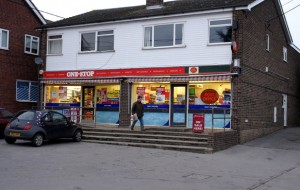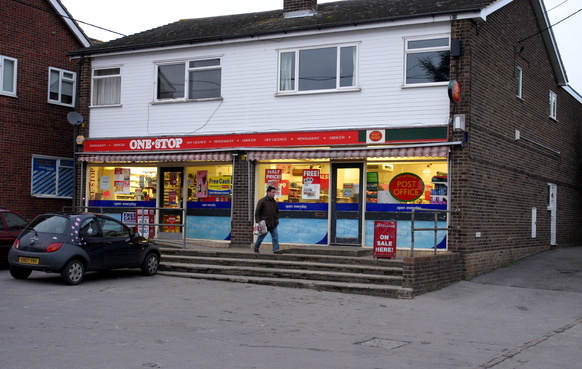 Many of Britain’s poorest families have been hardest hit by increasing prices, a new study from the Joseph Rowntree Foundation claims. On average, low-income Britons pay an average of 10p more than the average middle-income earner for every £1 of income that’s spent on groceries, fuel, and other everyday expenses.
Many of Britain’s poorest families have been hardest hit by increasing prices, a new study from the Joseph Rowntree Foundation claims. On average, low-income Britons pay an average of 10p more than the average middle-income earner for every £1 of income that’s spent on groceries, fuel, and other everyday expenses.
Economists have called it a ‘poverty tax’ – an indirect expense that, despite being far from intentional, only affects Britain’s lowest earners. Low-income individuals often lack forms of payment that allow them to receive the lowest possible prices, such as credit cards and direct debit facilities that can reduce everyday utility bills.
Worse still, a growing number of Britain’s low-income individuals need to use credit in order to fulfil their basic weekly requirements. Many low-income households are spending upwards of thirty percent of their total income on essential including food, utilities, and other unavoidable living costs.
As the cost of many essentials, including water and energy, continues to rise, many of Britain’s most prominent economists believe that the working poor will be hit the hardest. Payday lending, typically a last-resort lending option, has grown into one of the country’s most lucrative financial services due to increased demand for credit.
The Joseph Rowntree Foundation’s report proposes that the government address a discrepancy in pricing between users with direct debit facilities and those that lack them. It also recommends that the government take direct action to improve access to essential services for many of the country’s working poor through legislation.
As well as offering suggestions for improving the state of Britain’s poor, the report indicated that merchants are often affected by an increase in costs for serving those without convenient payment options. Despite this, it indicated that many additional costs were not fully justified, and were unfairly aimed towards low-income people.





